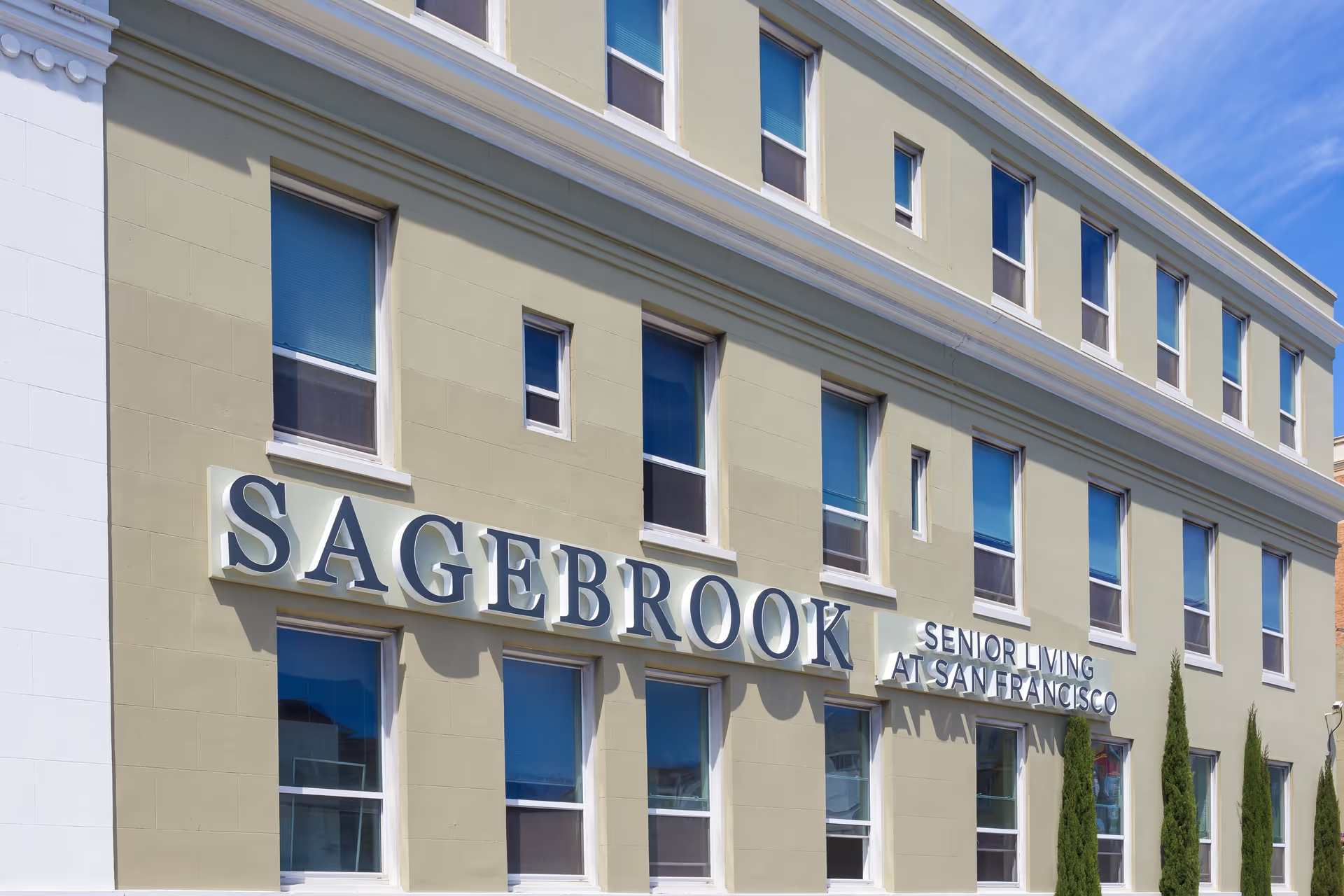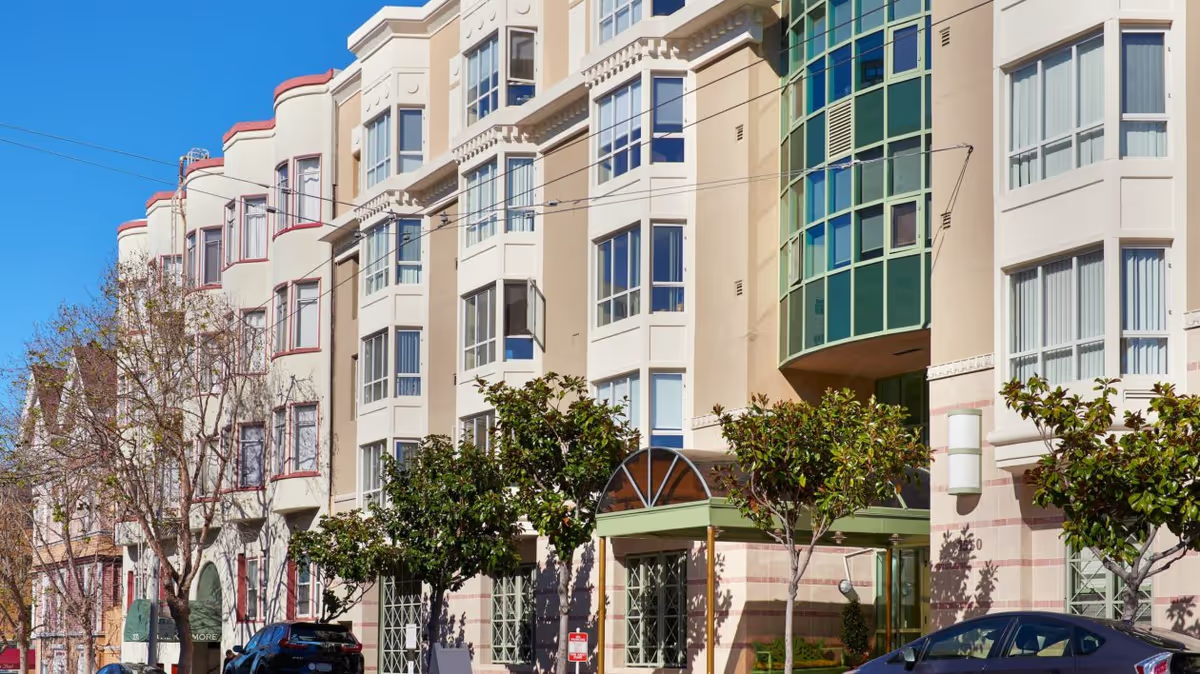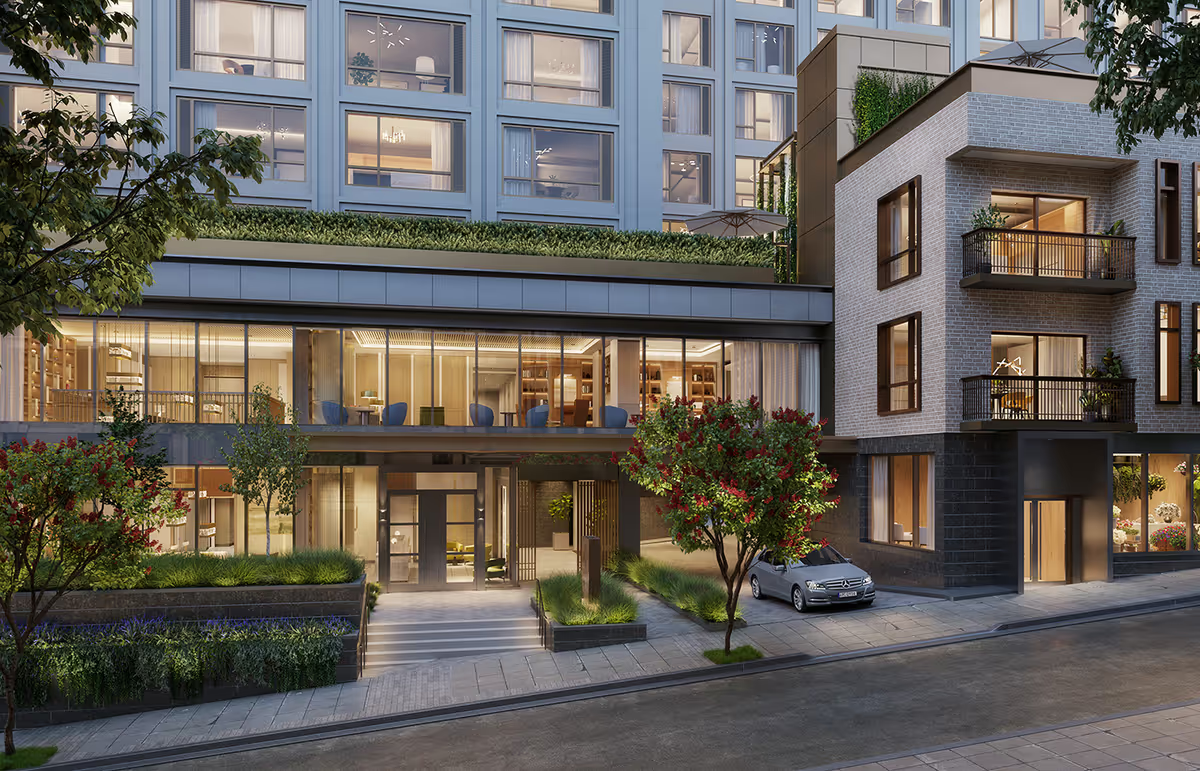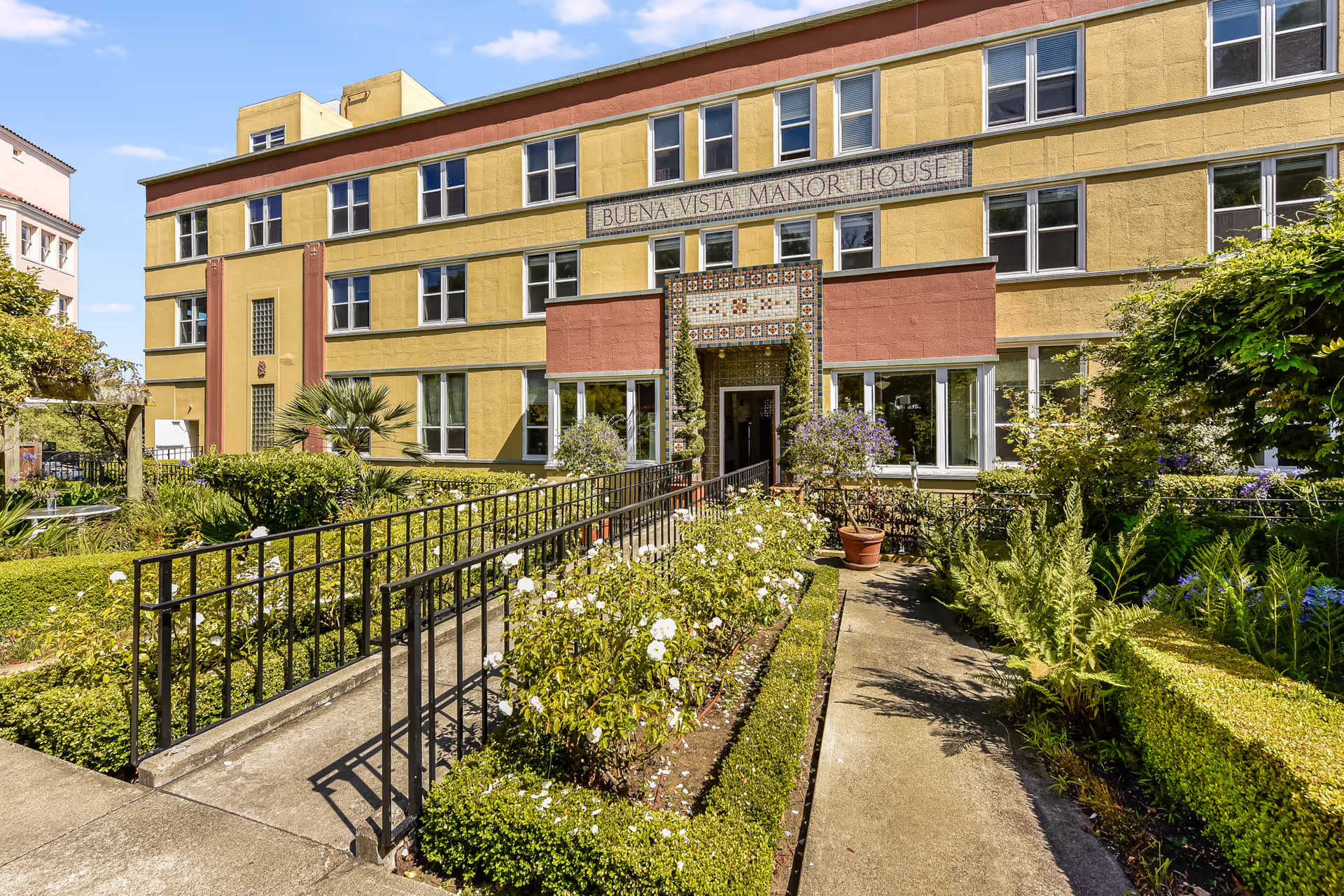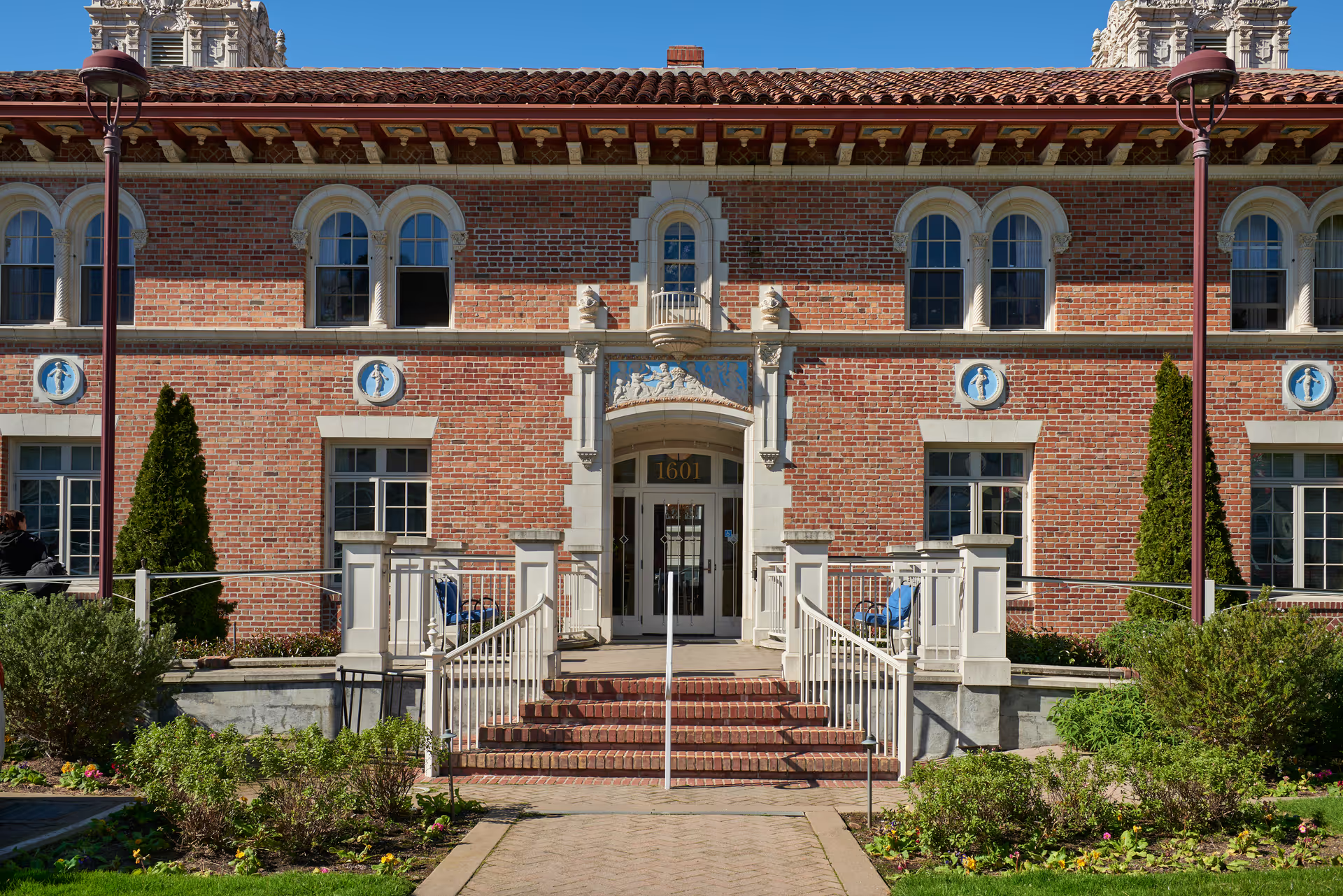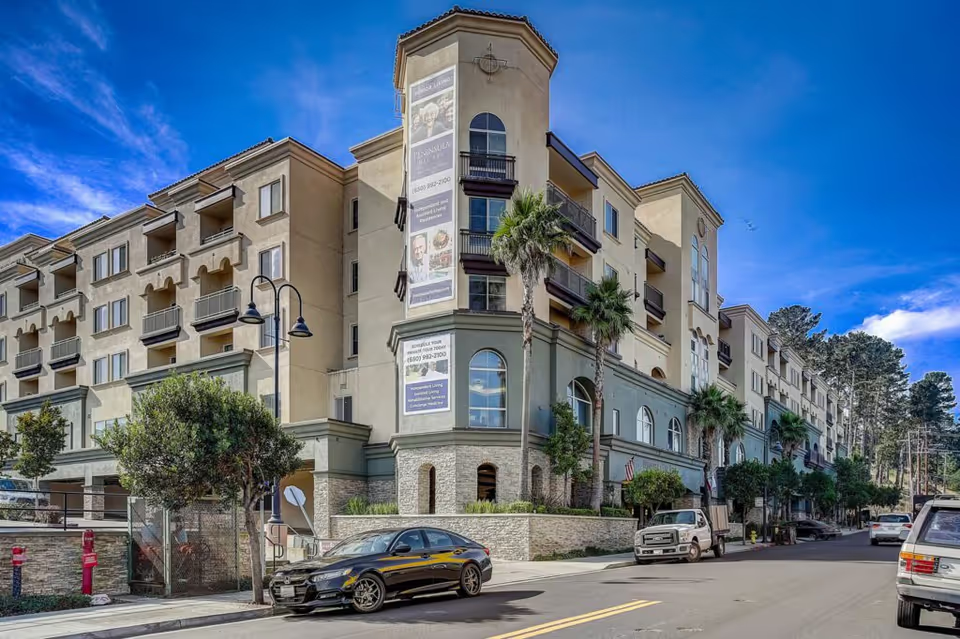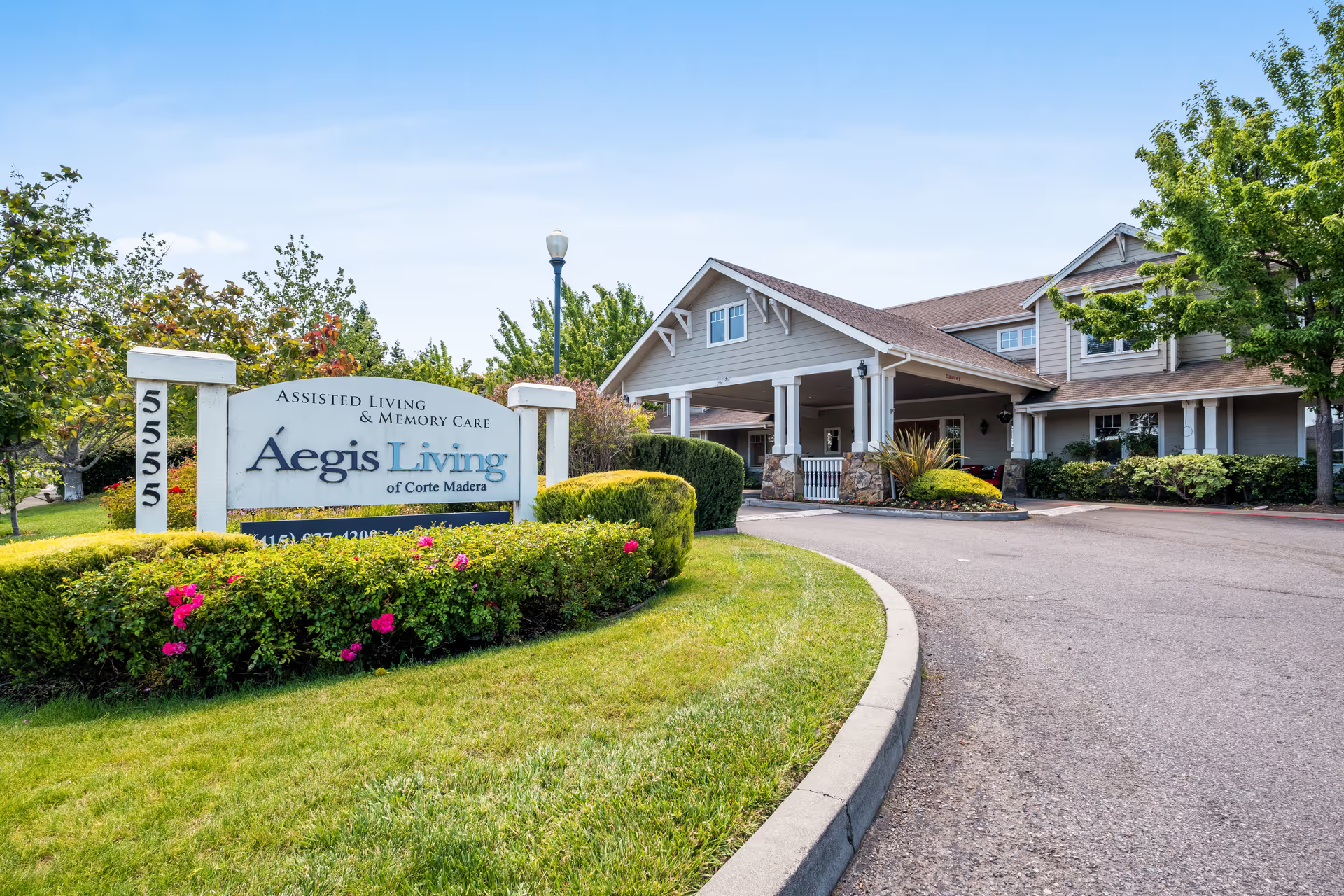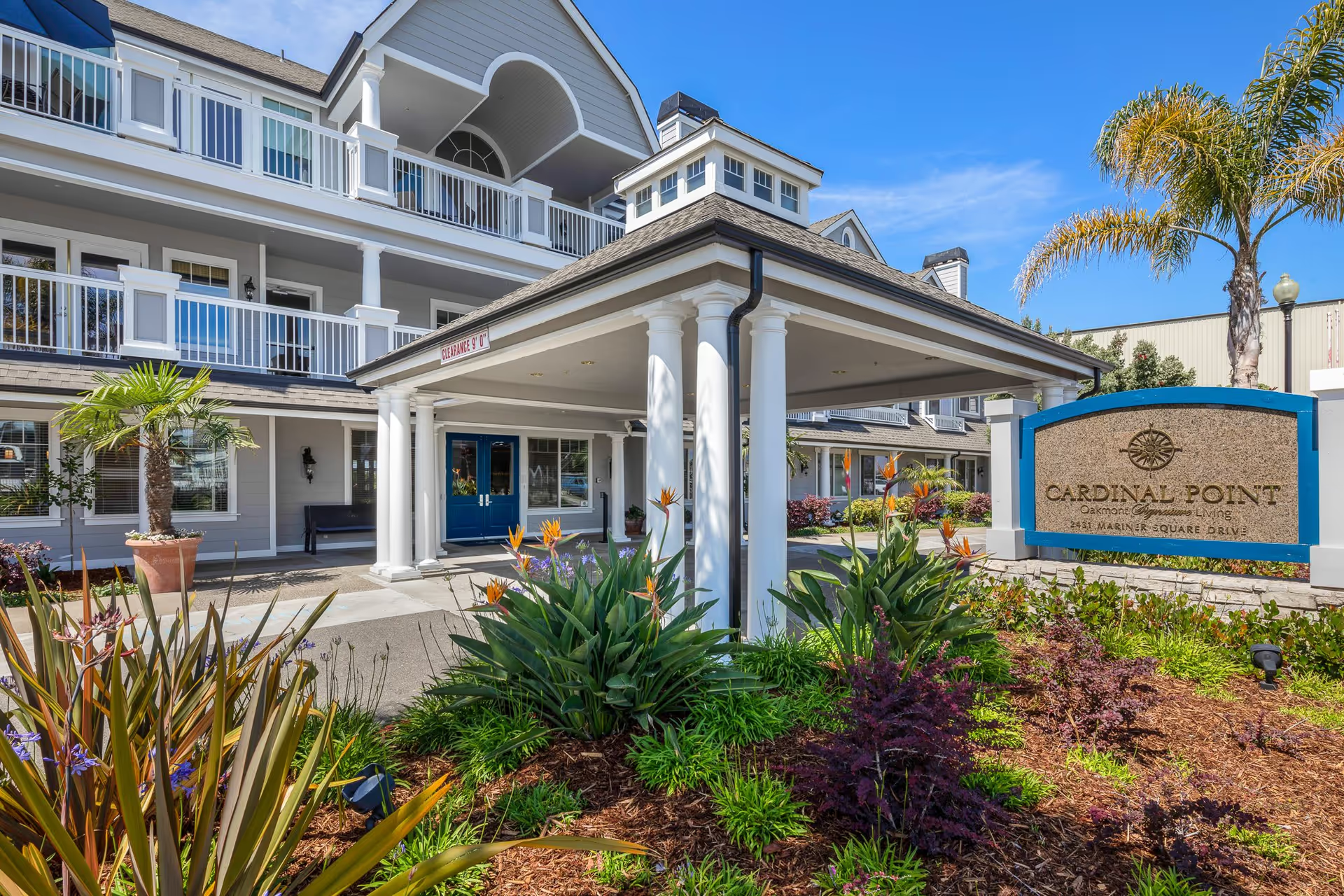Overall sentiment: Reviews of Rhoda Goldman Plaza - San Francisco Assisted Living & Memory Care are strongly positive overall, with recurring praise for the caring staff, cleanliness, upscale facilities, excellent dining and a rich schedule of activities. Many reviewers describe the community as elegant, immaculate and hotel-like, with original artwork, airy public spaces and well-appointed private apartments. Families repeatedly highlight warmth, compassion and attentiveness from caregivers and nursing staff, and many note a smooth, supportive transition into assisted living.
Care quality and staff: The dominant theme is strong personal care delivered by an attentive and experienced team. Multiple reviewers mention 24-hour staff presence, registered nurses on duty, a high staff-to-resident ratio and long-tenured, well-trained personnel. Staff are frequently described as patient, humorous, intuitive to residents' needs and willing to go above and beyond. Memory care receives many positive mentions for compassionate, knowledgeable staff and high standards of care, with several families saying memory-care services exceeded expectations. That said, a minority of reviews report negative interactions — describing unfriendliness, poor training, inexperienced management or language barriers. These dissenting accounts also include isolated reports of theft or safety concerns, indicating some inconsistency in family experience.
Facilities and accommodations: The physical plant is consistently praised. Reviewers highlight bright, sunlit apartments, tasteful common areas, original art, multiple on-site libraries and a full-service salon. Apartments come in several floor plans, often with walk-in closets and weekly housekeeping/linen service. The building’s location is described as conveniently flat for San Francisco — close to transit, Kaiser and neighborhood shopping/dining — and there is on-site parking. A few reviews mention smaller or less appealing unit sizes and a no-pet policy as drawbacks for some prospective residents.
Dining and food service: Dining is one of the strongest positive threads. Many reviewers rave about gourmet, varied meals, onsite baking (including chocolate), kosher options, Sunday brunches with special touches, and a café/snack room offering a European vibe. A licensed/experienced culinary staff and emphasis on local, organic ingredients are noted. A minority of reviews criticize specific meals as bland or not meeting particular dietary needs, but such complaints are much less frequent than praise.
Activities and social life: Programming is extensive and intellectually focused. Reviews repeatedly cite a robust calendar that includes lectures, concerts, art and creativity classes, fitness and wellness programming, trivia and games, and frequent excursions/field trips. Libraries on each floor, cultural events, and opportunities for residents to participate in policy decisions contribute to a richly engaged community life. Many reviewers attribute improved quality of life, mental stimulation and social connection for their loved ones to these offerings.
Management, policies and communication: Several reviewers commend proactive administration, move-in assistance, clear paperwork and ongoing family communication. However, there are recurrent but less frequent concerns about inflexible management decisions, perceived lack of family consultation around certain moves (especially in memory care), and add-on policies that feel opaque or strict to some families. A handful of reviewers mentioned perceived discrimination issues, staffing shortages, or instances where staff response or customer service felt inadequate. These points suggest some variation in management responsiveness and consistency across situations.
Cost and contract considerations: Cost is a consistent and significant concern. Many reviewers explicitly note high monthly fees, additional charges for higher levels of care, large refundable/community fees, and strict financial screening such as multi-year asset verification. While several reviews say the cost is justified by the quality of food, programming and care, other families feel value is limited relative to price. There are reports of subsidy options for some residents, but overall affordability is a common barrier.
Notable patterns and final assessment: The most frequent and emphatic strengths are the quality of interpersonal care, cleanliness, dining, and the breadth of intellectual and cultural programming. The most frequent weaknesses are cost, some inconsistencies in staff or management behavior, and limitations for residents who require continuous skilled nursing. Memory care is generally praised but has a smaller number of contrasting reports about communication and decision-making during transitions. Prospective residents and families should weigh the premium cost against the high-touch environment, confirm specific care capabilities if higher-level medical support may be needed, and ask direct questions about policies, fees, and family involvement in care decisions. For people seeking an upscale, culturally rich assisted living community in central San Francisco with excellent dining and active programming, Rhoda Goldman Plaza frequently meets or exceeds expectations; for those on tighter budgets or needing 24-hour skilled nursing, it may not be the best fit.
